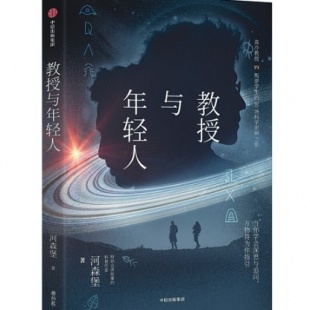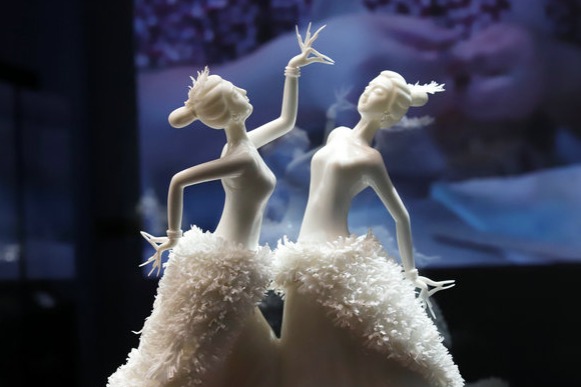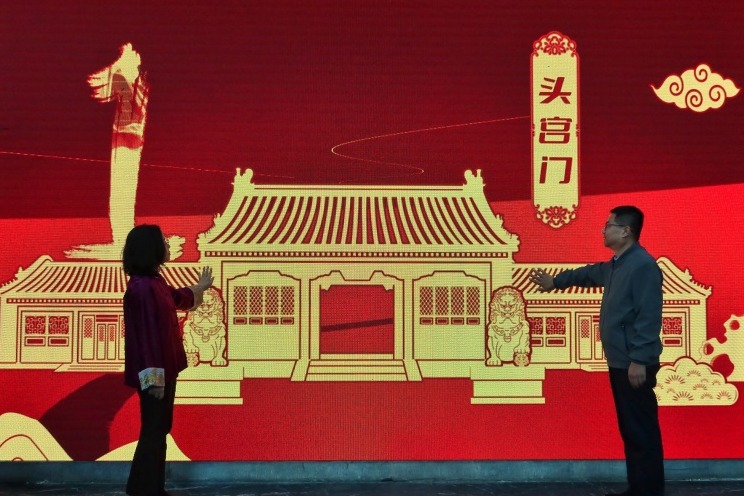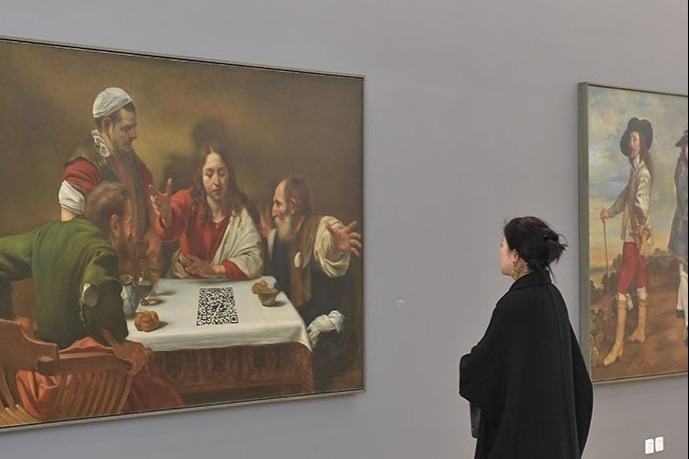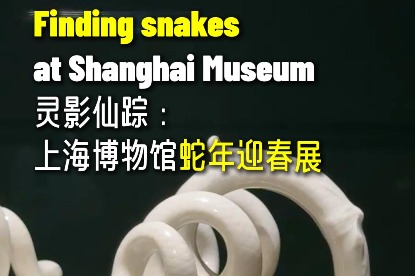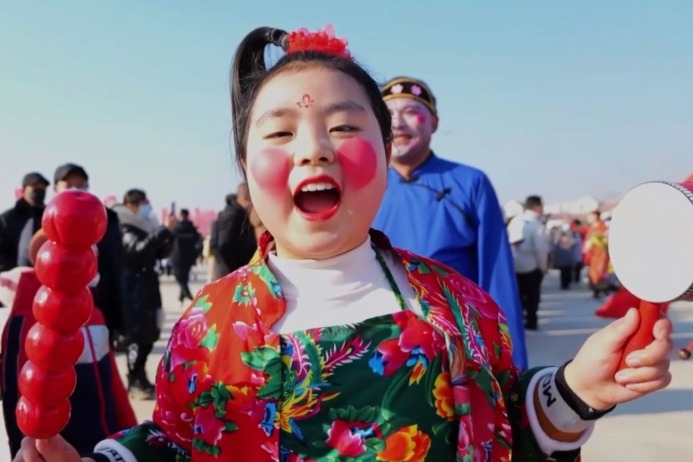The body of evidence


Working at the NMC for 10 years has largely increased his knowledge in many respects, and improved his storytelling skills.
He got the opportunity to see precious cultural relics and materials, such as the gram of lunar soil gifted by former US president, Richard Nixon, to Chairman Mao Zedong in 1972, and attend lectures given by specialists. Some of the lectures were given by the archaeologists who unearthed the exhibits that lay in the showcases of the museum. They would share stories of the excavations.
"I have seen a lot of things inaccessible to the public and heard a lot of stories unknown to people," he says.
As he accumulated more knowledge and improved his guiding skills, Yuan became popular among audiences at the NMC.
"At the start, I would worry that there were so many in the audience that I would get nervous. Then I would be worried that there were too few in the audience because my tours were not interesting enough. Until one day, a security guard asked me to move faster because my audience were in the way," he says.
With rigorous scientific logic, rich knowledge and a skill in storytelling, Yuan's articles are easy to follow.
In the chapter of the book about the moon, he started with a conversation between the anthropologist and his student about why the moon is a good symbol to represent a lover's deep feelings as conveyed in a famous Chinese song. Then in the voice of the anthropologist, he talks about how the moon was formed billions of years ago, its interaction with the Earth and the consequences therein, ancient Chinese people's worship of the moon, its rich meaning in Chinese culture, and the recent Chinese lunar probe project.
"All the knowledge, such as the gram of lunar soil and a stone relief upon which appeared for the first time in Chinese history the images of rabbits pestling herbs, comes from exhibitions at the NMC. If you take a walk around the exhibitions, you can find some key points concerning the moon, and what you need to do is to fill some stories in between. That's how I wrote many articles in the book," Yuan says.
At the start of the book, the lead character, anthropology Professor Huang Bai from Lengshan (cold mountain) University, is confronted with a problem. The leaders of the university plan to cancel the specialty of anthropology due to a lack of students. Huang only has one student, Qin Zi, and at the end of the first school year, the leaders are set to evaluate Qin to decide whether they will keep the specialty.
"I created Huang as an anthropologist because I like anthropology a lot. My first book focuses on anthropology. What's more, anthropology is an inclusive discipline, so anthropologists know a lot of different things, ranging from a minority language in Africa to history, geology or paleontology," he says.
At the end of the book, although Qin has a very high opinion of Huang, he decides to leave the university for Africa because he can speak an African language that can help to save people there.
"As Qin Zi says, by feeling the beauty of nature and culture, and by understanding the diversity of the world, one can improve oneself to become a better person and bring about real happiness to society. That is the real meaning of anthropology," Yuan says.
"In the end, both the teacher and student stick to the ideal of anthropology."


